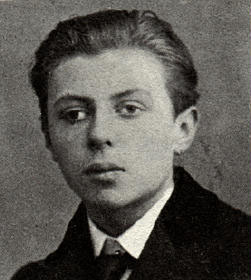In the February 24 issue of The New York Review of Books Ian Buruma reviews Alan Riding’s “And the Show Went On: Cultural Life in Nazi-Occupied Paris”: ‘Just after the war, when it was safe again to speak and write freely, Jean-Paul Sartre claimed that the French, especially French writers and artists, had only two choices under Nazi occupation: to collaborate or to resist. He had chosen the latter, naturally: “Our job was to tell all the French, we will not be ruled by Germans.” In fact, Sartre’s behavior during the occupation, though he was never a collabo, was less heroic than his immediate postwar views might suggest. Alan Riding, whose judgment of the French intelligentsia under occupation is neither moralistic nor indulgent, places Sartre very much on the periphery of the resistance. Sartre’s plays, such as Huis Clos (No Exit), were read by some admirers (and certainly by Sartre himself, in hindsight) as veiled expressions of anti-Nazi protest. But they were passed without problem by the German censors, and German officers were happy to attend first nights, as well as the postperformance parties.’
The periphery of the resistance, I very much like that concept.
One day I will say: “I strive to be on the periphery of the resistance. An author cannot afford to be on the wrong side of history, so we have to switch sides all the time.”
